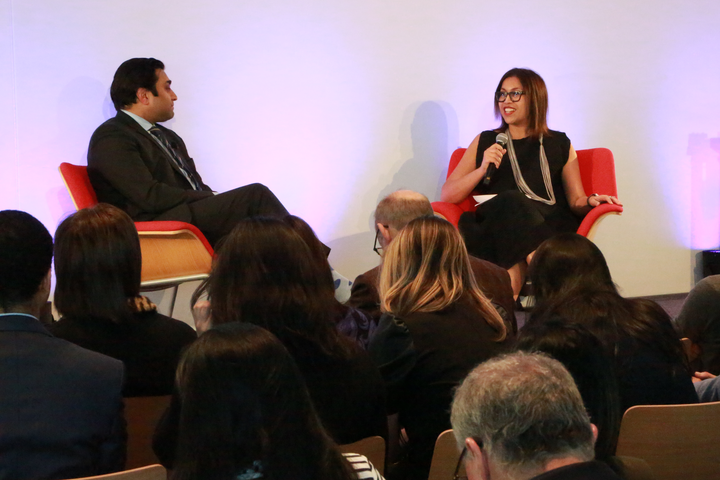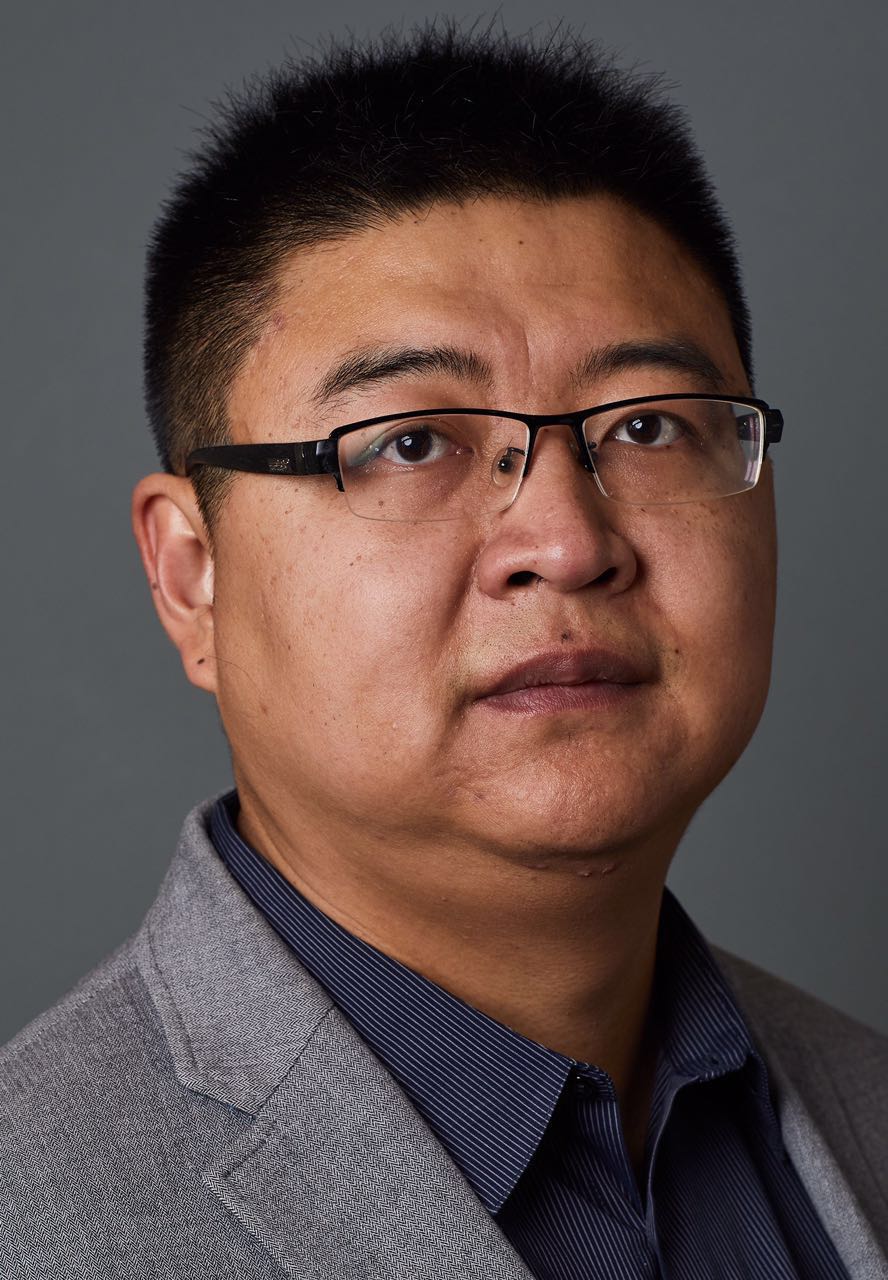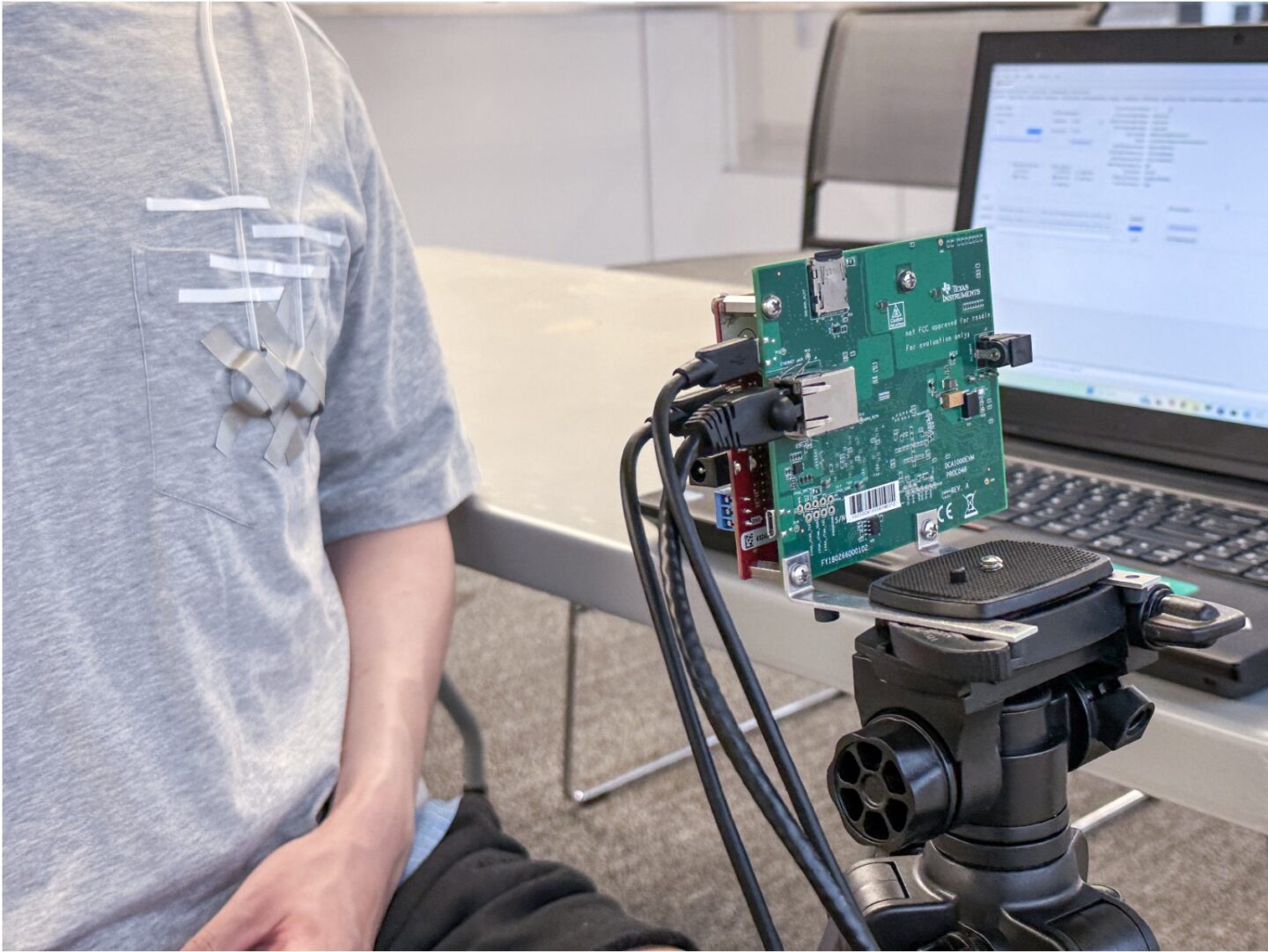Cornell Tech Presents 2nd Annual HealthNext AI Summit on March 4 and 5
Categories

Healthcare is in the midst of a quiet revolution. Health Tech, the application of emerging technologies to medicine, promises to touch every aspect of the health system, from diagnostics and care to hospital administration, patient advocacy, and even health equity. In recent years, the fast-growing sector of Artificial Intelligence has accelerated Health Tech’s already-high rate of change, generating unprecedented business and medical opportunities – and ethical challenges.
“How can AI solutions improve the quality and outcomes in healthcare? How do you make sure AI systems are fair and unbiased? How can it reinforce patient-provider trust? Can AI reduce existing inefficiencies in healthcare? These are questions that affect everyone,” said Tanzeem Choudhury, Roger and Joelle Burnell Professor in Integrated Health and Technology at Cornell Tech, and organizer of the upcoming HealthNext Summit (March 4 to 5 on the Roosevelt Island Campus), which is presented by the Jacobs Technion-Cornell Institute housed at Cornell Tech
With a broad, interdisciplinary mission, the second annual HealthNext Summit will bring together leading AI thinkers from across Health Tech, healthcare, and public health to envision a future where AI creates a medical system that is at once more effective and more equitable. Welcoming such experts as Micky Tripathi, PhD, MPP, National Coordinator for Health Information Technology, US Department of Health & Human Services; Susan Monarez, Deputy Director, ARPA-H; James Landay, co-founder of the Stanford Institute for Human-centered Artificial Intelligence; the Clinton Global Initiative’s Chelsea Clinton; and Apple’s Vice President of Health Dr. Sumbul Desai, the conference also draws on Cornell Tech’s deep bench of expertise across the Doctoral, Master’s, and Runway Startup programs in Health Tech.
“This event will highlight cutting edge research, innovative science-backed products from big-tech and startups, and the perspectives of how these solutions can transform healthcare for clinical leaders,” said Choudhury, who researches how technology can create personalized and proactive healthcare systems that support health and wellbeing. “In recent years, we have seen amazing development at the intersection of AI and health that can meet the significant needs in healthcare. But Health Tech conversations are too often siloed. With HealthNext, we’re bringing together technology researchers, clinical practitioners, and businesses creating innovative solutions and facilitating deep conversations that could lead to transformative, scalable, and financially viable solutions in healthcare.”
The inaugural Summit last year, which focused on behavioral health, brought together more than 200 clinical practitioners, researchers, entrepreneurs, care delivery organizations, and payers. Patrick J. Kennedy, former U.S. Representative and founder of The Kennedy Forum, and New York City Health Commissioner Dr. Ashwin Vasan gave keynote speeches.
Translating research into real-world impact characterizes the philosophy of Cornell Tech’s Health Tech Hub. One-third of the 100+ runway start-ups to emerge from the campus since its founding have been health focused, including Nanit (a Wirecutter-approved baby sleep tracking software), Biotia (a pioneering pathogen detection company), and Otari (a smart exercise mat that was acquired by Peloton).
The conference will explore health and AI from diverse perspectives, with an emphasis on ensuring that AI is being used to solve real problems for real people. From ethical considerations to clinical applications, HealthNext 2024 will explore the real issues at stake and give innovators and thought leaders the knowledge, connections, and insight to advance a more responsible, effective, and authentic future for healthcare.





